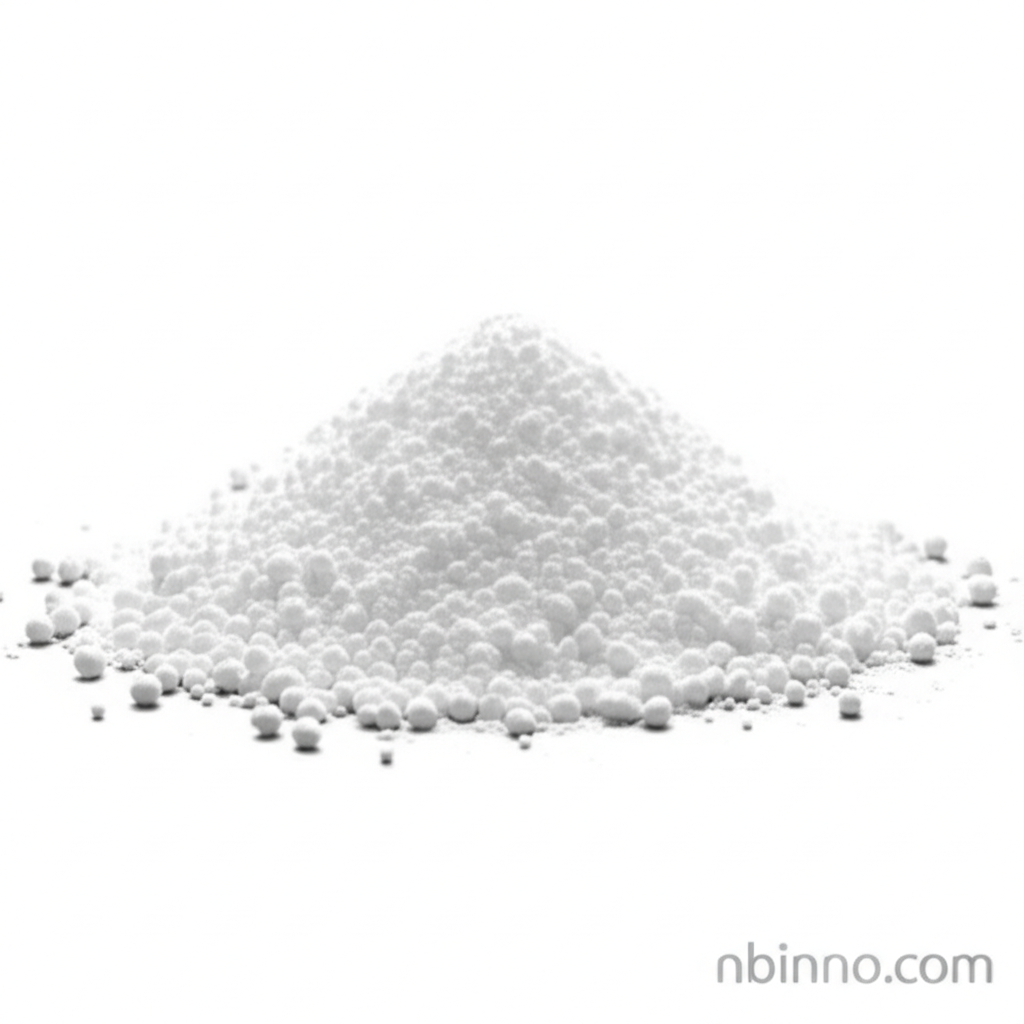Decanedihydrazide: Properties, Synthesis, and Applications as a Curing Agent and Polymer Modifier
Explore the versatile chemical properties, synthesis pathways, and diverse industrial applications of Decanedihydrazide.
Get a Quote & SampleProduct Core Value

Decanedihydrazide
Decanedihydrazide, also known as Sebacic Dihydrazide, is a crucial organic intermediate valued for its dual functionality and role as a latent curing agent. Its unique chemical structure, featuring terminal hydrazide groups, makes it instrumental in crosslinking polymers and enhancing material properties.
- The synthesis of decanedihydrazide often involves reacting sebacic acid derivatives with hydrazine hydrate, with established methods including reactions with thionyl chloride and subsequent hydrazine addition.
- As a latent curing agent for epoxy resins, decanedihydrazide imparts excellent flexibility, water resistance, and corrosion resistance to coatings and adhesives, making it ideal for demanding applications.
- Its application extends to polymer modification, where it acts as a nucleating agent to improve the crystallization kinetics and mechanical properties of polymers such as poly(L-lactic acid) (PLLA).
- Research into decanedihydrazide derivatives and bio-based alternatives highlights ongoing efforts to develop sustainable and high-performance materials for various industries.
Key Advantages Offered
Enhanced Material Properties
Decanedihydrazide's ability to act as a curing agent leads to improved flexibility, water resistance, and corrosion resistance in epoxy resins and coatings, a key benefit highlighted in its use as a latent curing agent for powder coatings.
Polymer Crystallization Enhancement
As a nucleating agent, decanedihydrazide significantly improves the crystallization kinetics of polymers like PLLA, leading to better mechanical strength and thermal stability. This is a critical aspect of polymer modification.
Versatile Chemical Intermediate
The reactive hydrazide groups in decanedihydrazide make it a versatile intermediate for synthesizing various derivatives and heterocyclic compounds, opening avenues for novel material development and chemical research.
Key Applications
Epoxy Resin Curing
Decanedihydrazide serves as a latent curing agent for epoxy resins, crucial in applications requiring controlled curing and enhanced physical properties in the final material.
Powder Coatings
Its use in decorative, insulating, and heavy-duty powder coatings improves the film's flexibility, weather resistance, and corrosion resistance.
Polymer Nucleation
Decanedihydrazide acts as a nucleating agent, improving crystallization and mechanical properties in polymers like PLLA.
Organic Synthesis
It is a key precursor in synthesizing various heterocyclic compounds and derivatives, expanding its utility in fine chemical applications.
